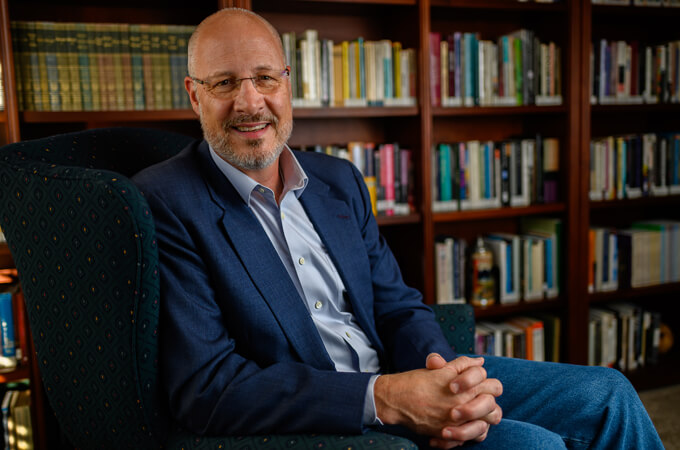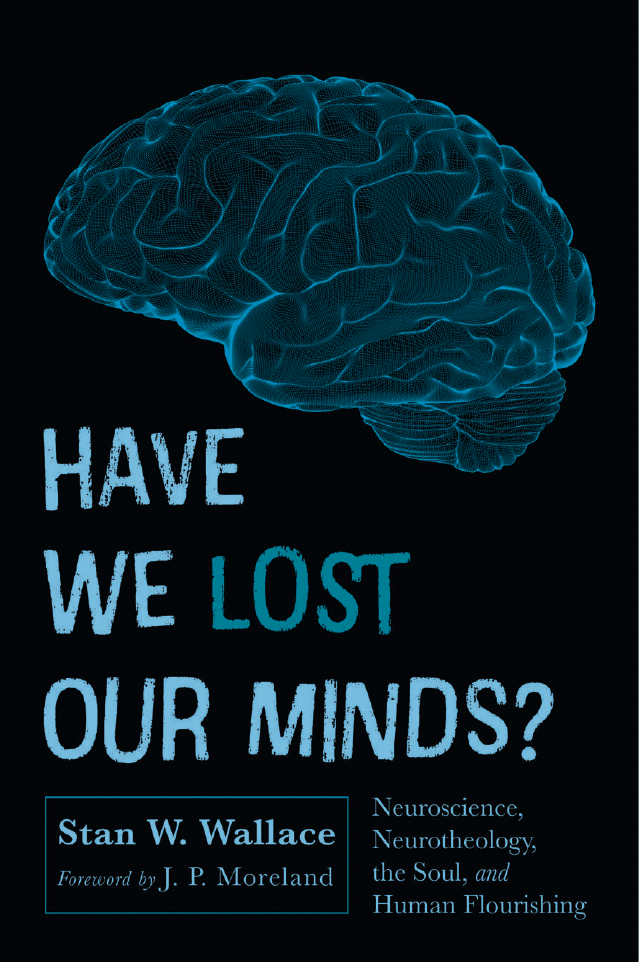
Podcasts
Featured Article
How Not To Be a Chronological Snob (Post 10)
In the wake of the Enlightenment, we all struggle with a lack of connection to others. Not only has the broader culture become highly individualistic, but so has the church. The small group strategy is a main way to counter this tendency1. While promising, this strategy faces two significant challenges, which I have addressed in my last two posts: difficulty in building deep relationships (often because group members are connected only by geography) and a tendency to deteriorate into a superficial, subjective type of Bible study. I discussed how to address the first challenge two weeks ago; in this post I will propose ways to address the second challenge (though some may not be possible until COVID restrictions subside).
Any story sounds true until someone tells the other side and sets the record straight.
-Proverbs 18:17
It is the glory of God to conceal a matter, and the glory of kings to investigate a matter.
-Proverbs 25:2
"As a natural skeptic, and a science researcher, I am interested in logic and evidence, which is why I'm a big fan of Dr. Wallace’s articles. He considers serious, foundational topics, and discusses them deeply. These articles induce us to think, long and hard, about issues of eternal significance."
-Phillip Bishop, Ph.D., Professor Emeritus, The University of Alabama




